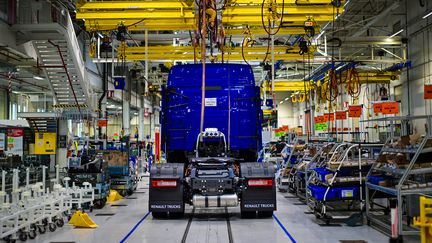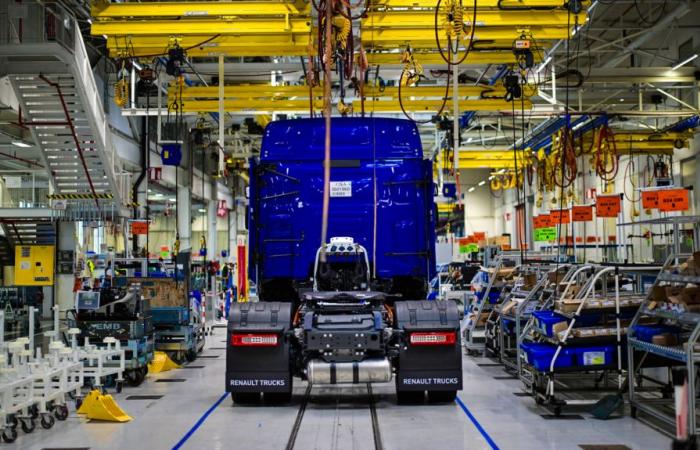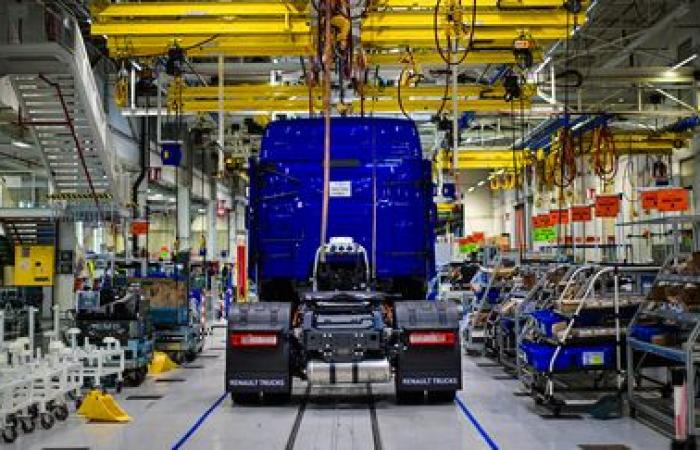The French heavy goods vehicle market is suffering from weak economic growth and is worried about its short-term future.
Published on 10/01/2025 08:26
Reading time: 2min

With a complicated economy, freight companies are finding fewer goods and various products to transport. This affects the truck sector and consequently heavy goods vehicle registrations are expected to fall by 10 to 16% in 2025, according to the industrial vehicle observatory. If we are to believe this Artegy study structure, which depends on BNP-Paribas, this corresponds to a volume of between 41,000 and 44,500 vehicles. In 2024, nearly 49,000 heavy goods vehicles had been sold on the French market.
-In reality, weak growth alone does not explain this market decline. There is a set of factors. With the difficult economic situation, 2024 ended with stable sales, without relief. This year, added to the omnipresent uncertainties in the minds of bosses: when will the government finally agree on the country’s economic policy strategy and construct a budget that meets the situation? What tax pressure will businesses have to endure? At the same time, business failures are increasing and fueling this loss of activity.
Unsurprisingly, the rental market is following the same path. The whole is particularly affected by the building crisis and environmental constraints. Construction requires special, more expensive trucks. As for electric heavy goods vehicles, they remain expensive and therefore difficult to purchase for companies seeking to be virtuous, but whose cash flow is drained. For the rental company, this makes investment conditions in a fleet of trucks difficult, which pushes up rental and leasing prices indexed to the business risks included in the end-of-year balance sheets. year.
Heavy goods vehicle dealers have other reasons to be worried, because, further than France, all European countries are victims of the slowdown, particularly in the East with countries like Poland and the Baltic States. Exports of used vehicles are directly affected, which slows down the manufacturing of new vehicles. The existing fleet is aging with negative environmental consequences that are easily imagined: for cost reasons, diesel still represents 90% of deliveries today.








